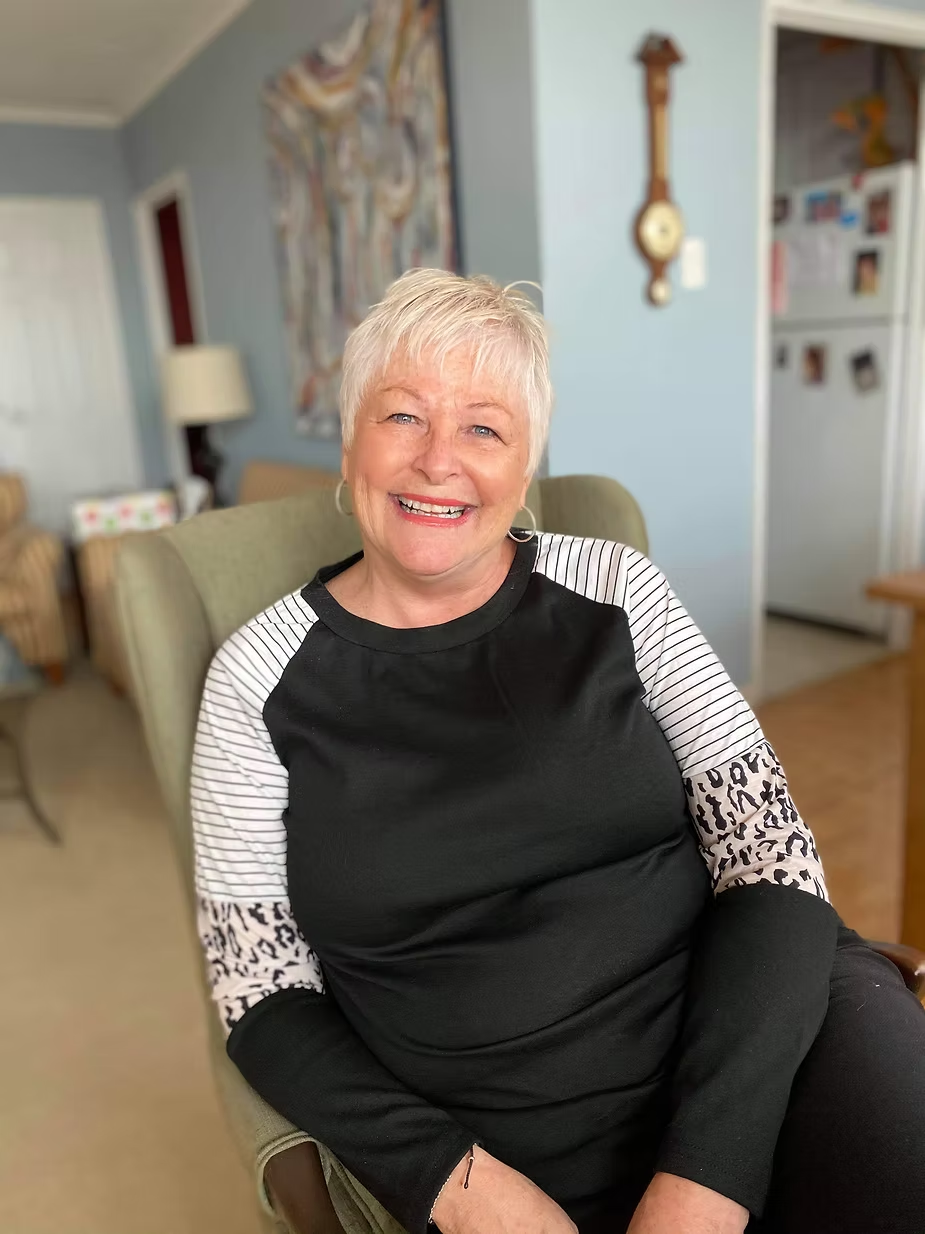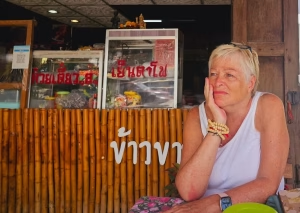Letting go of the contents of a home filled with years of memories stirs a complex mix of emotions—believe me, I know. I knew I was going to move, but I didn’t know where or when, and the thought of it felt overwhelming.
I’d think about it daily, usually with my evening glass of wine, but the task seemed too big, so I ignored it. Eventually, I realized I had to face the reality of the work ahead. True to my logical nature, I decided to tackle it step by step, dealing with my feelings as I went. The first thing I did was identify what I wanted to keep.
Each day, I spent a few minutes in each room, setting aside items I valued. As I examined everything, I asked myself questions: “When was the last time I was even in this room? Do I notice this item, and does it serve a purpose? How would I feel if I never saw this again?” Over time, the rooms began to change. I found myself moving things from the “keep” pile back to the “don’t keep” side. Gradually, most of what I wanted to keep fit into a few boxes. This daily process helped me understand what mattered to me, and I started to let go of the emotional ties to what once belonged to the family that had occupied the house—they had all moved on.
Next, I invited friends and family to take what they wanted from the “don’t want” pile. After that, I set up an online auction, where photos were taken, and items grouped by professionals—thankfully, I had no input. By this point, I was tired of seeing my unwanted belongings. The winning bidders came to pick up the items, which saved me the trouble of handling them. The goal wasn’t to make money, but I did make a little—more importantly, it was about getting rid of them without having to touch anything again. I was done with them. It felt good knowing that the items I had enjoyed for so long would be appreciated by others.
Once that was done, I reviewed what was left and, surprisingly, I was able to make that pile smaller too. I packed everything up and stored it in a friend’s basement until I was ready to figure out what to do next, leaving me with just about six boxes.
Throughout this process, nostalgia took center stage, as each item held cherished memories. Alongside that came feelings of loss, especially when certain possessions represented important chapters or loved ones who were no longer with us.
The process also brought anxiety and uncertainty, especially as I struggled with what to keep and how to move forward in creating a new home. Yet, there was also relief in simplifying life and making space for new experiences. This transition sparked excitement for fresh beginnings, a chance to create a space that better suited my current needs. Through it all, gratitude emerged—recognizing the growth and lessons learned from the home and its contents.
To navigate these emotions, I reflected on the memories tied to my belongings while focusing on the present and future. I curated a collection of truly meaningful items and preserved memories through photographs and digital albums. Passing items on to loved ones or donating them eased the feelings of loss, knowing they would be appreciated.
Creating new traditions to mark this transition helped me honor the past while embracing the future. Letting go of possessions doesn’t erase the memories; instead, it frees you to embrace what lies ahead with excitement and fulfillment.




